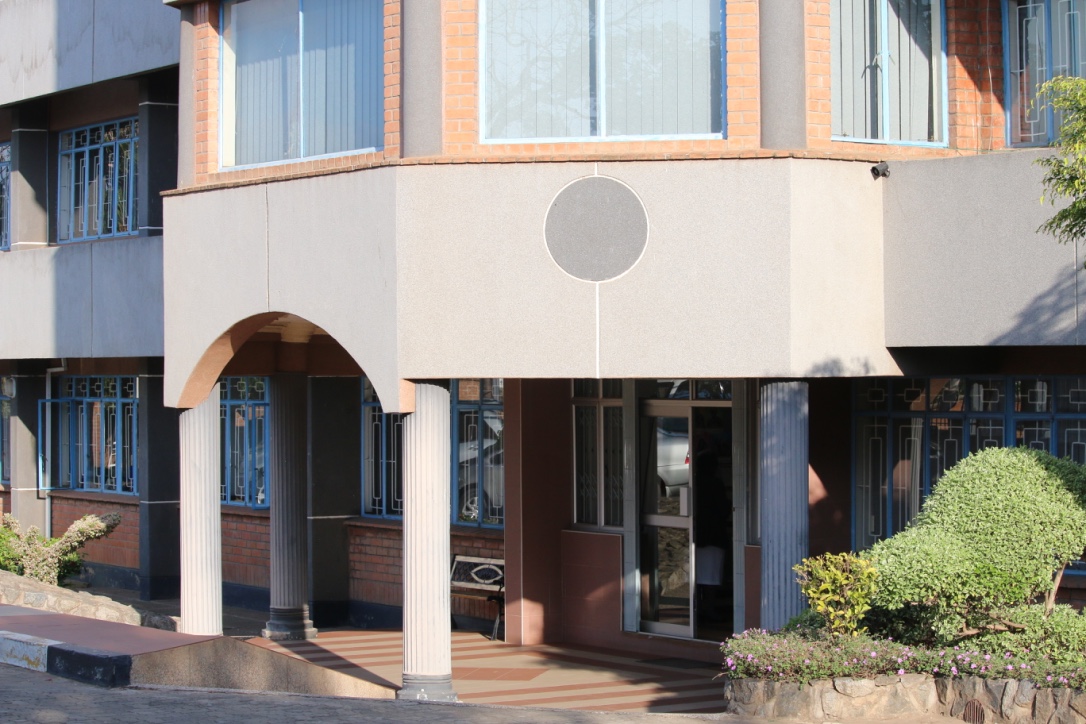Vision
To contribute to healthy, long lives for all through high quality, collaborative health research and training
Mission
Our purpose is to effect positive change in health policy and practice through high-quality research, training, infrastructure and community engagement. This is accomplished through teamwork, respect and care for research participants, and partnerships with local and international stakeholders.
Core Values
Integrity:
We prioritize transparency and credibility of our research through high-quality data, relevant scientific inquiries, and a steadfast commitment to ethical principles. By doing so, we foster trust internally and with our external collaborators.Teamwork:
We promote unity, collaboration, and collective problem-solving across departments, and encourage team-based approaches. We recognize and leverage individual skills and strengths to achieve common goals and coordinated efforts.Diversity:
We learn from individual differences in background, choices, and viewpoints, treating all staff and participants equally and respectfully.Professionalism:
Simply put, we care about our work. We embody diligence, organization, dependability, positivity, and respectful communication. We take pride in maintaining high standards, even in challenging times, as the custodians of the studies, data, supplies, and samples entrusted to us.Service to others:
Our research is ultimately conducted in the service of others that will benefit from the program and policy improvements driven by our findings. We offer research skills, training, psychosocial services, and other forms of support to participants, fellow staff, and stakeholders.History
The first case of AIDS in Malawi was identified in 1985. In 1988, the late Prof. J.D. Chiphangwi, a senior Malawian obstetrician and gynecologist, began collaborating with the Johns Hopkins School of Public Health (JHSPH - Baltimore, USA) to design and conduct HIV and sexually transmitted infections (STI) research. The following year, Drs. Gina Dallabetta and Paolo Miotti established the Johns Hopkins Research Project (JHP) site in Blantyre, Malawi. This became the first biomedical HIV research institution in the country. The collaboration was initiated with the Ministry of Health (MoH); and in 1995, the University of Malawi College of Medicine (established in 1991) was added to the partnership. The College of Medicine is now the Kamuzu University of Health Sciences (KUHeS).
In 1992, Dr. Taha E. Taha, from JHSPH, became the JHP Director and has continued as the PI of the JHU-Blantyre Clinical Trials Unit to date. In 2024, Dr. Jacky M. Jennings, also from the Johns Hopkins family, joined as a Co-PI. In Baltimore, Drs. Taha and Jennings work closely with Ashley Kelley, Regulatory Coordinator, and Dr. Jim Aizire, Associate Professor in Epidemiology, who support research ethics submissions and approvals, new grant applications and manuscript preparation.
The JHP offices were originally located in the Kabula area of Blantyre, moved to Mandala area, and then to the Kachere Rehabilitation Center. Since 2003, JHP has been based at the campus of Queen Elizabeth Central Hospital (QECH). QECH, with approximately 1300 beds, is the largest tertiary hospital and the country’s primary teaching hospital, located in Southern Region, Malawi. QECH providers care for thousands of patients across multiple specialties, including internal medicine, pediatrics, obstetrics and gynecology, emergency medicine, surgery and intensive/critical care. Over time, JHP also established dedicated research spaces at 5 health centers throughout urban Blantyre.
In its early years, JHP conducted surveys and observational cohort studies investigating the prevalence and incidence of HIV and other STIs, risk factors for HIV infection (including breastfeeding), and rates of vertical transmission of HIV. Building on the knowledge gained, JHP expanded into interventional clinical trials for the prevention of HIV through vaccines, microbicides and other biomedical approaches, as well as optimal HIV treatment strategies. More recently, the Project has contributed to research on functional cures in infants and young children. This logical progression of activities and organizational growth has been positively received by policymakers in Malawi and the international scientific community.
From its modest beginnings with only 6 staff members, the Project has grown to employ 150+ staff in recent years, nearly all Malawian nationals. These professionals lead research coordination, IRB/regulatory submissions and compliance, quality management, data analysis, clinical care, transport logistics, and grants management. JHP continues to operate in Malawi through a tripartite Memorandum of Understanding (MOU) between the Ministry of Health, KUHeS, and JHSPH. In addition to research, from its inception, JHP has supported the training of Malawians from diverse backgrounds including degree programs (MPH, MPhil, PhD), non-degree courses in epidemiology and biostatistics and in-country skills-based certificates.


